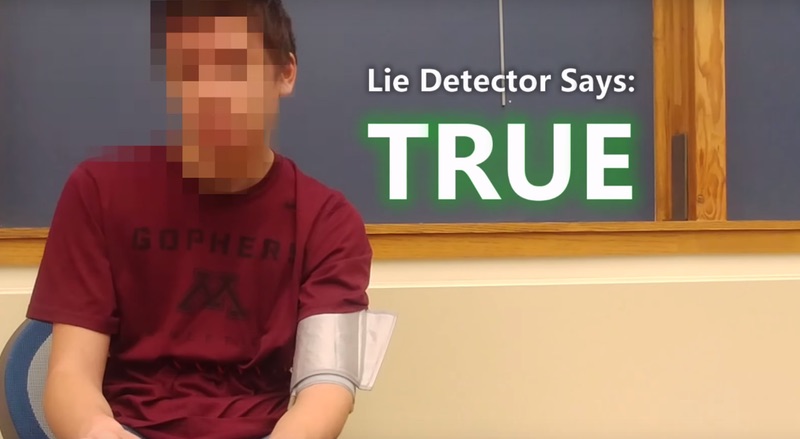
Google Translate spews doomsday messages, Facebook snatches boffins, and more in AI.
Roundup Hello, welcome to this week’s roundup in AI. The machines have been sending us spooky messages on Google Translate, Facebook is hiring more academics to start new labs and some prat decided to step on a self-driving car in California.
AI sends us secret apocalyptic messages: What’s that Google? Jesus is going to return when the Doomsday clock strikes twelve, you say? Hmm.
Folks recently spotted weird sinister messages when trying to translate seemingly innocuous words using Google Translate.
If you type, for example, in “dog” 18 times and set it to translate from Yoruba to English, Google gives you this back: “Doomsday Clock is three minutes at twelve We are experiencing characters and a dramatic developments in the world, which indicate that we are increasingly approaching the end times and Jesus’ return.”
That’s not the only weird glitch. Adding odd spaces between words also makes Google Translate go wild. Some of the translations are pretty dark. Ask it to translate “ple as el etm ed ie” from Somali into English, and you’ll get back the eerie message: “As you please.”
Google overhauled its online translation services using a giant neural machine translation model, an AI system that uses natural language processing to encode and decode words in different languages. It cannot come up with something that it hasn’t been exposed to before. Judging by some of the machine translations, it highly possible the model was fed passages from bibles and similar material.
This makes sense because the Christian bible is probably one of the world’s most widely translated texts, and thus contains rich training data. In other words, it’s a good idea to train an AI using texts translated into multiple languages, in order to get the neural network to connect words in different languages by their common meaning. The bible, available in many tongues, is a relatively good example of such a text.
The glitches are more likely to pop up with obscure languages because the training data for, say, Yoruba to English, and Somali to English, must be pretty sparse. So whatever datasets Google is using – bibles, novels, books, crawled webpages, you name it – there won’t be much knowledge for the machine-learning to go on. Thus, when presented with tricky passages to translate, the underlying training data is likely to be exposed in whole and in unexpected ways.
Nobody, not even Google’s engineers, really know how to untangle the decision-making process behind these neural nets, so weird stuff like this is always possible, and will continue to happen. This freaks out today’s machine-learning boffins just as much as you and I.
In any case, it appears Google has adjusted its translation code to stop it spewing at least some of the obvious creepy portents – for now.
Autonomous vehicle accident reports: GM Cruise recently filed a report to the DMV in California after a pedestrian stepped onto the hood of one its test cars at a red light.
It’s interesting to see what one of these reports looks like. Thankfully, no one was hurt.
“A Cruise autonomous vehicle (“Cruise AV” ) while operating in autonomous mode, was involved in an incident on westbound Sutter Street at the intersection with Sansome Street when a jaywalking pedestrian approached the Cruise AV and intentionally stepped up onto the hood of the vehicle while the Cruise AV was stopped at a red light, resulting in a dent on the hood. The pedestrian then stepped off and walked away. There were no injuries and the police were not called,” the report said.













